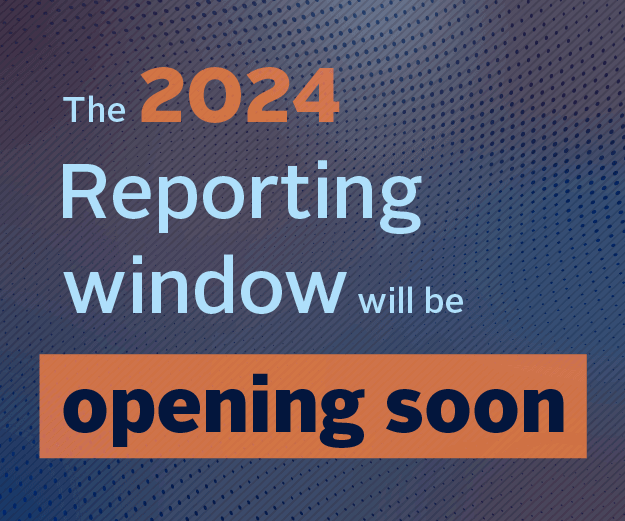Extractive companies are among those companies that have the most daily impact on our lives. They have an impact on their workers, the communities located near their operations, and the people living in the operating country. They use countries’ natural resources, which ultimately belong to their citizens, and therefore need to understand and manage their overall impact to continue holding a social licence to operate.
What are human rights?
Human rights are rights that every individual holds by being a human. Human rights include civil, political, economic, and social and cultural rights, such as the right to life, the right to freedom of association or the right to health. On an international level, human rights were first recognised following the Second World War in The Universal Declaration of Human Rights. They were added to in later international treaties, have been turned into local laws in some countries, and are featured prominently within sustainability guidelines for companies such as the OECD Guidelines for Multinational Enterprises or the first two out of the ten principles of the UN Global Compact.
Types of impacts
Workforce
This includes a range of issues such as the freedom of association and collective bargaining, discrimination in the workplace, poor working conditions, and fatalities. For example, in the US an oil and gas worker is six times more likely to die on the job than the average American4. Impacts on the labour force are not limited to direct operations, but also extend to business partners such as suppliers or joint venture partners. As a result, even companies that have an otherwise good human rights record may be complicit in human rights abuses.
Communities
This includes the impacts on land, livelihoods and employment, water quality and access to water, the preservation of cultural heritage, and the right to selfdetermination. Vulnerable and minority groups (artisanal miners, women, children and indigenous people) tend to be more strongly affected by these types of negative impacts. For example, the use of land for extractive projects and the resettlement of communities is particularly harmful to indigenous people, who not only rely on the land for shelter and subsistence, but often have a deep cultural connection to the land. First Peoples Worldwide, an NGO aiming to empower indigenous communities, estimates that out of a sample of 52 US extractive companies approximately 39% of current production and 46% of proven reserves are on or near indigenous land.
Environment and the economy
Extractive companies can also have considerable impacts on the environment and the economy of the societies in which they operate. For example, in conflict-affected or postconflict areas governments may use revenue from resources to fund unrest.
The wide-ranging impacts extractive companies can have on large numbers of people translates into significant risks for extractive companies. These include:
- Operational risks, such as project delays or shutdowns due to strikes, boycotts and protests. According to Goldman Sachs, of the 190 largest oil and gas projects under way globally, new projects take nearly double the time to come on stream than they did a decade ago. Analysis of a subset of these projects highlighted that non-technical risks accounted for nearly one-half of all risk factors, with stakeholder-related risks being the largest category.
A joint study from the Harvard Kennedy School, Shift and the University of Queensland estimated the costs of shutdowns or delays to be at US$20 million a week for a major mining project.
- Legal and regulatory risks, including fines or lawsuits, which often take years to resolve. In early 2015, Royal Dutch Shell paid US$ 83 million in an out-of-court settlement to 15,000 members of the Bodo community. This was compensation for health, economic and environmental impacts following two oil spills in the Niger Delta in 20088. Additionally, and potentially even more importantly, there are an increasing number of soft law mechanisms on human rights9, most notably the UN Guiding Principles on Business and Human Rights (the “UN Guiding Principles”). These are not mandatory, but clearly define corporate responsibility to respect human rights. They are being taken increasingly seriously by companies, reflecting several factors. Included in these are mechanisms such as the OECD Guidelines for Multinational Enterprises, which allow individuals and NGOs to bring complaints in front of National Contact Points10. Alongside this, pressure is mounting from governments, who themselves are increasingly expected to ensure respect of human rights in their jurisdictions. Soft law has the potential to become hard law. Examples include the Modern Slavery Act introduced in the UK in 2015, and disclosure requirements on conflict minerals in the US.
- Reputational risks through negative press coverage, which may also negatively impact on the company’s brand value and levels of employee satisfaction. Vigeo, a French service provider to the responsible investment industry, authored a study of 40 North American and European extractive companies in which it revealed that the frequency of allegations and controversies on human rights is much higher in the extractive sector than in other sectors. Notably, 50% of extractive companies are involved in human rights controversies. The International Council on Mining & Metals (ICMM) also found a significant rise in publicly reported mining related company-c ommunity conflicts; from about 10 incidents in 2012 to approximately 90 in 201212. This risk will persist and potentially increase, reflecting the fact that local news stories can now reach a global audience, and local stakeholders, such as communities and NGOs, have increased access to social media. By managing human rights well, not only can companies avoid and better manage negative impacts, but they may also benefit from a number of opportunities, including:
- Increased employee motivation to increased productivity, higher staff retention and being better equipped to compete in a global economy.
- Having access to equity capital markets with a potentially lower cost of capital.
- Developing and sustaining strong community relationships and maintaining a social licence to operate.
Downloads
Human rights in the extractive industry
PDF, Size 0.63 mbRearch note. the extractive industry and the UN guiding principles on business and human rights
PDF, Size 0.67 mb
Human rights and the extractive industry: why engage, who to engage, how to engage
- 1
 Currently reading
Currently readingWhat's at stake?
- 2
- 3
- 4
- 5













